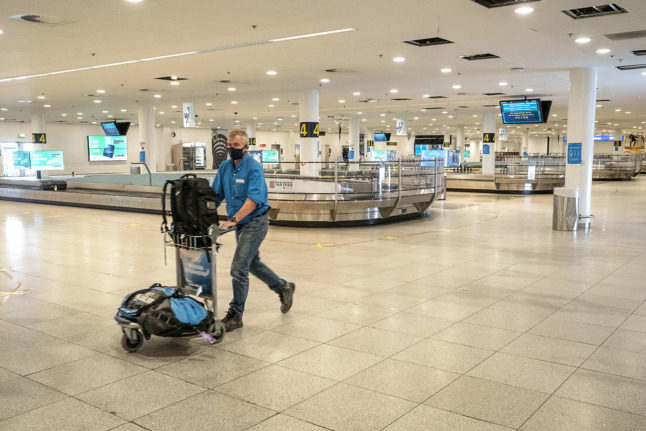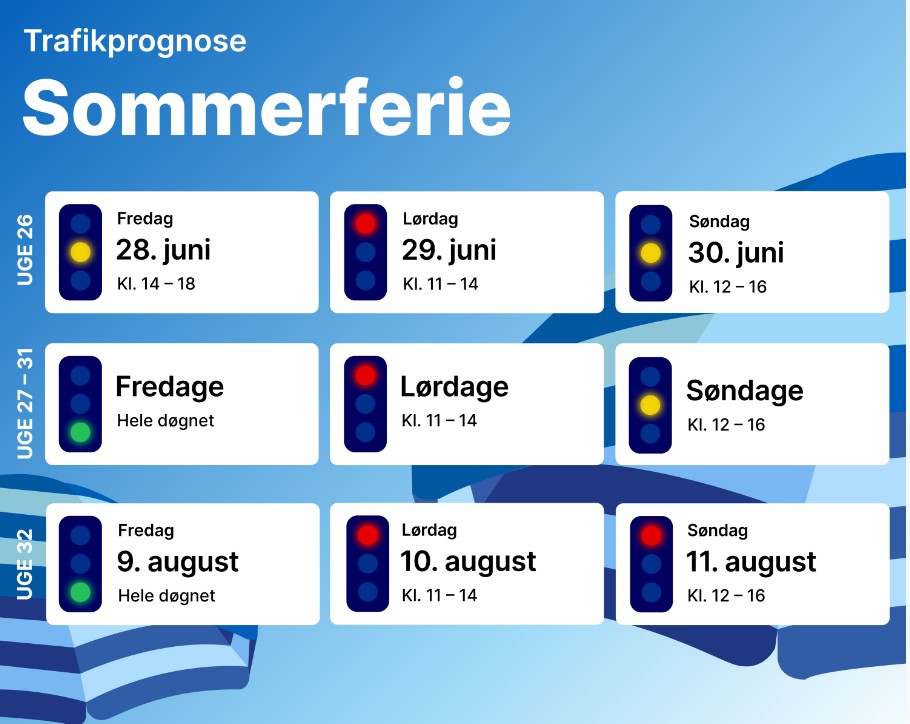Compliance with the rules will be checked at borders and as part of general police work, a senior officer with Copenhagen Police said.
“The idea is that we will check (for compliance) provided we are alerted (to a possible breach of rules) or in connection with other police business at the location,” inspector Lars-Ole Karlsen of Copenhagen Police told news wire Ritzau, as reported by broadcaster DR.
Under the new rules, all travellers are required to test for Covid-19 in connection with arrival in Denmark. The rule applies to Danish citizens and residents as well as foreign visitors. It also applies regardless of vaccination status.
READ ALSO: Travellers returning to Denmark after Christmas must take Covid-19 test
Residents of Denmark are permitted to take a test up to 24 hours after arrival, while people without an address in Denmark must take a Covid-19 test before entry to the Scandinavian country.
In the latter case, entry tests can be a PCR test up to 72 hours before arrival or a rapid antigen test taken up to 48 hours before arrival.
“We will check that there is compliance with the rules that have now been created. If that is not the case, fines can be given,” Karlsen said.
Failure to comply with the testing rules, which will be in force until at least January 17th 2022, can result in a fine of 3,500 kroner (470 euros).




 Please whitelist us to continue reading.
Please whitelist us to continue reading.
Member comments